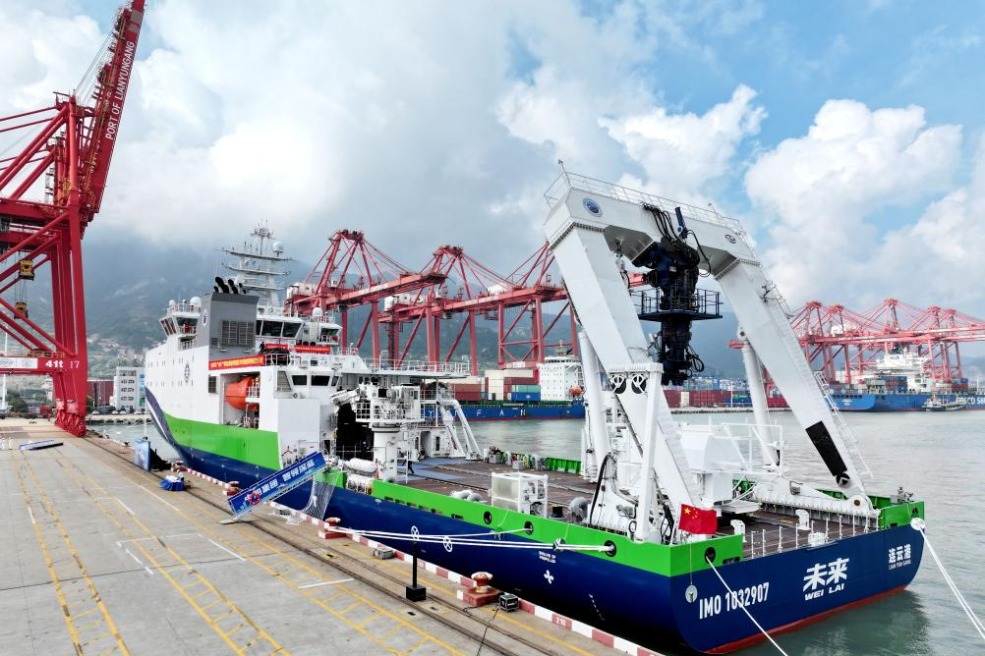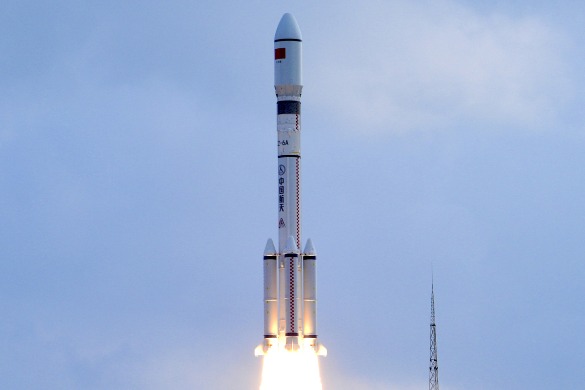Lax management leads to COVID-19 infections at Nanjing airport


BEIJING -- Lax daily management is the main reason for the COVID-19 cases at the Nanjing Lukou International Airport in East China's Jiangsu province, said an official with the Civil Aviation Administration of China (CAAC).
The airport failed to strictly implement epidemic prevention and control regulations issued by local and civil aviation authorities during daily flight operations, CAAC official Han Guangzu told a press conference Tuesday.
By the end of June, China reported no infection cases among crew members on board and personnel working at the frontline to ensure the operation of international passenger flights, Han said.
It shows that as long as the regulations and technical requirements for epidemic prevention and control are strictly followed, the defense against the epidemic can be firmly guarded, Han added.
The CAAC has reiterated the rule that service personnel for international and domestic flights are not allowed to mix. Epidemic prevention and control measures for domestic flights and airports have been upgraded again regarding nucleic acid testing, onboard isolation, crew protection, temperature measurement, disinfection, and ventilation.
Han also noted that civil aviation authorities would continue the strict suspension of inbound flights failing to meet epidemic control requirements and work with relevant authorities to assess the quarantine standards and effects of inbound flights to control the risks of imported infections.
Statistics show that, as of Monday, the CAAC suspended 302 international scheduled passenger flights with high risk of imported infections for failing to meet epidemic control requirements, reducing 621 inbound flights and over 2,300 imported cases as estimated.
- Zhejiang leads in innovation, IP development
- Lotus sanctuary dazzles at wetland park in Chongqing
- Nearly 5,700 residents relocated amid heavy rain in Jizhou, Tianjin
- China to offer nationwide childcare subsidies
- China sees better air, water quality in H1
- Heavy-ion accelerator integrating into cancer treatment in China





































